Resources
All the latest updates, podcasts, tools, and online guides to help facilitate your computer science classroom experience, in-person or online.
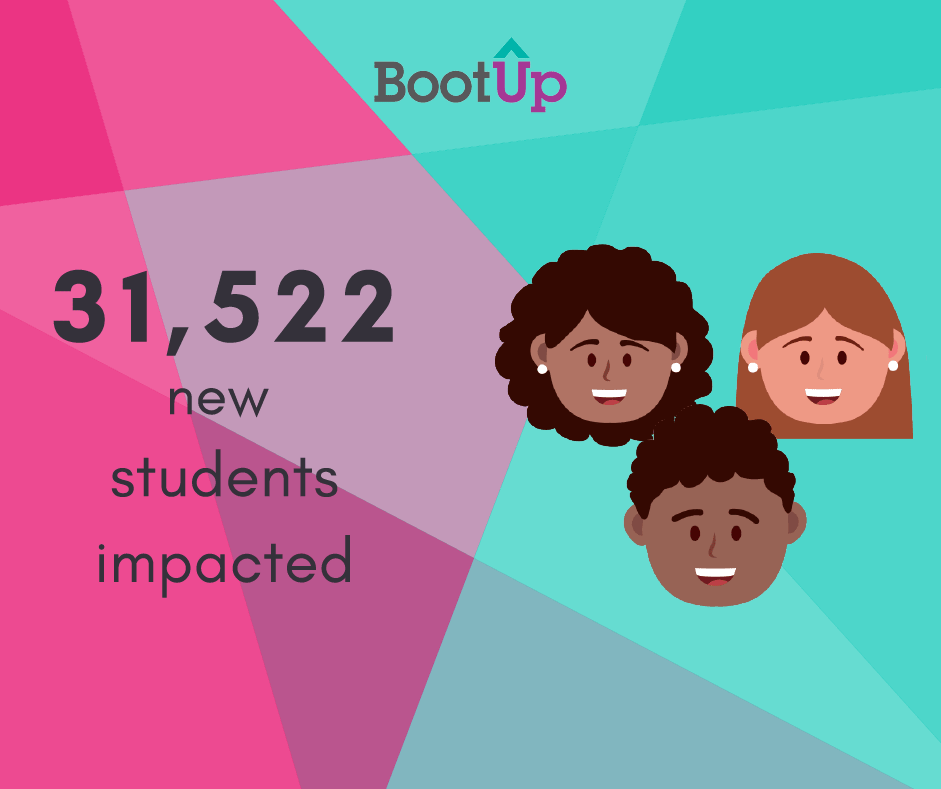
BootUp 2020 Year in Review
This year, we've been busy adding new partnerships with Amazon Future Engineer, renewing our commitment to closing gaps in CS Education, and fighting for equity and inclusion inside and outside the classroom.
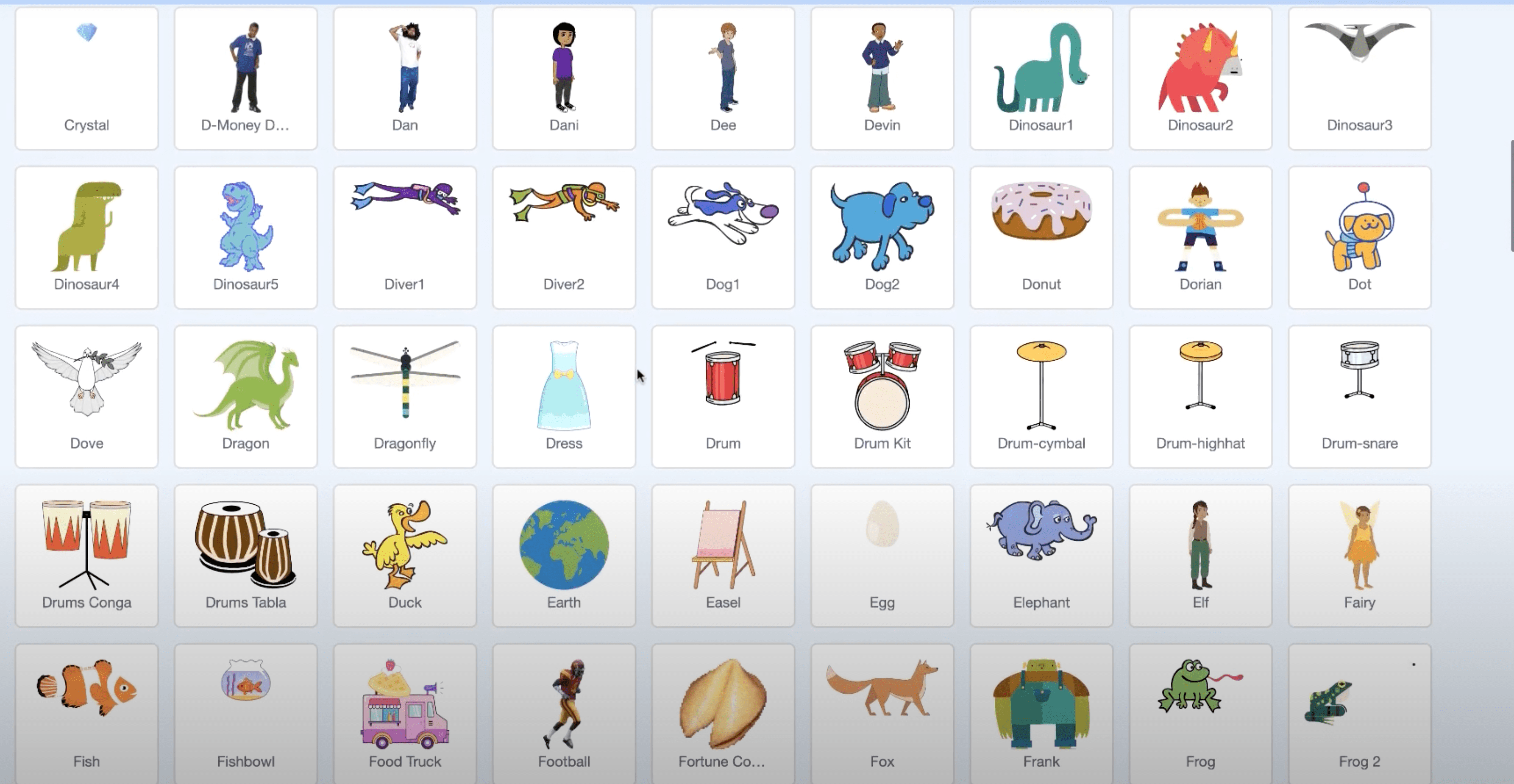
Scratch Packs: Integrating Personal Relevant Themes in CS
At BootUp, we often receive requests from teachers for pre-made materials to help them as they integrate coding into other subject areas. This is an intro to Scratch Packs ways to integrate coding into core-subject areas.
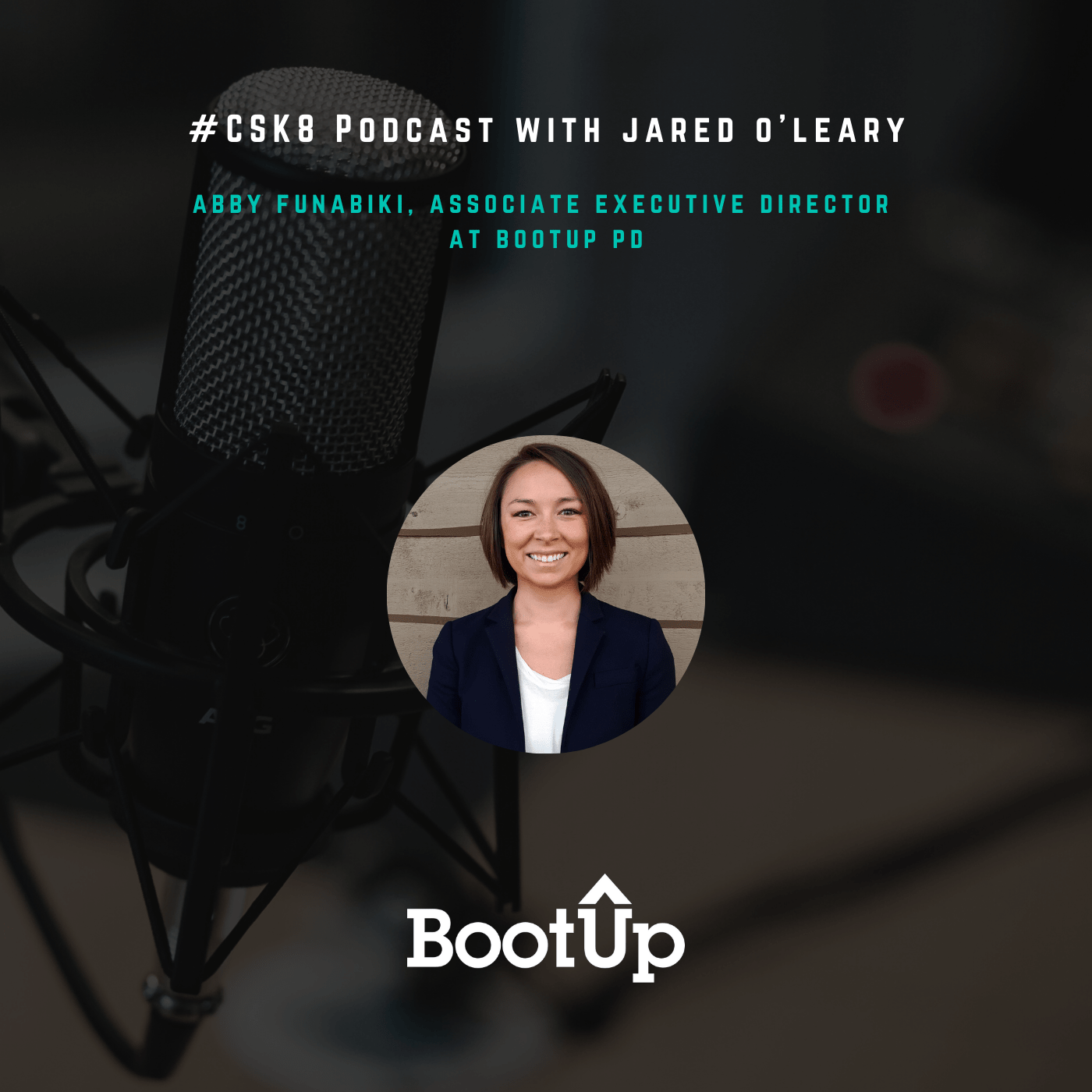
Suggestions and Considerations for District-wide Implementation with Abby Funabiki
In this interview with Abby Funabiki, we discuss the differences between for-profit and nonprofit CS education organizations, the importance and ability for nonprofits to collaborate with others, CS as the new digital divide, how to get started with CS implementation with limited or no extra funding, suggestions and considerations for district-wide implementation, and much more.
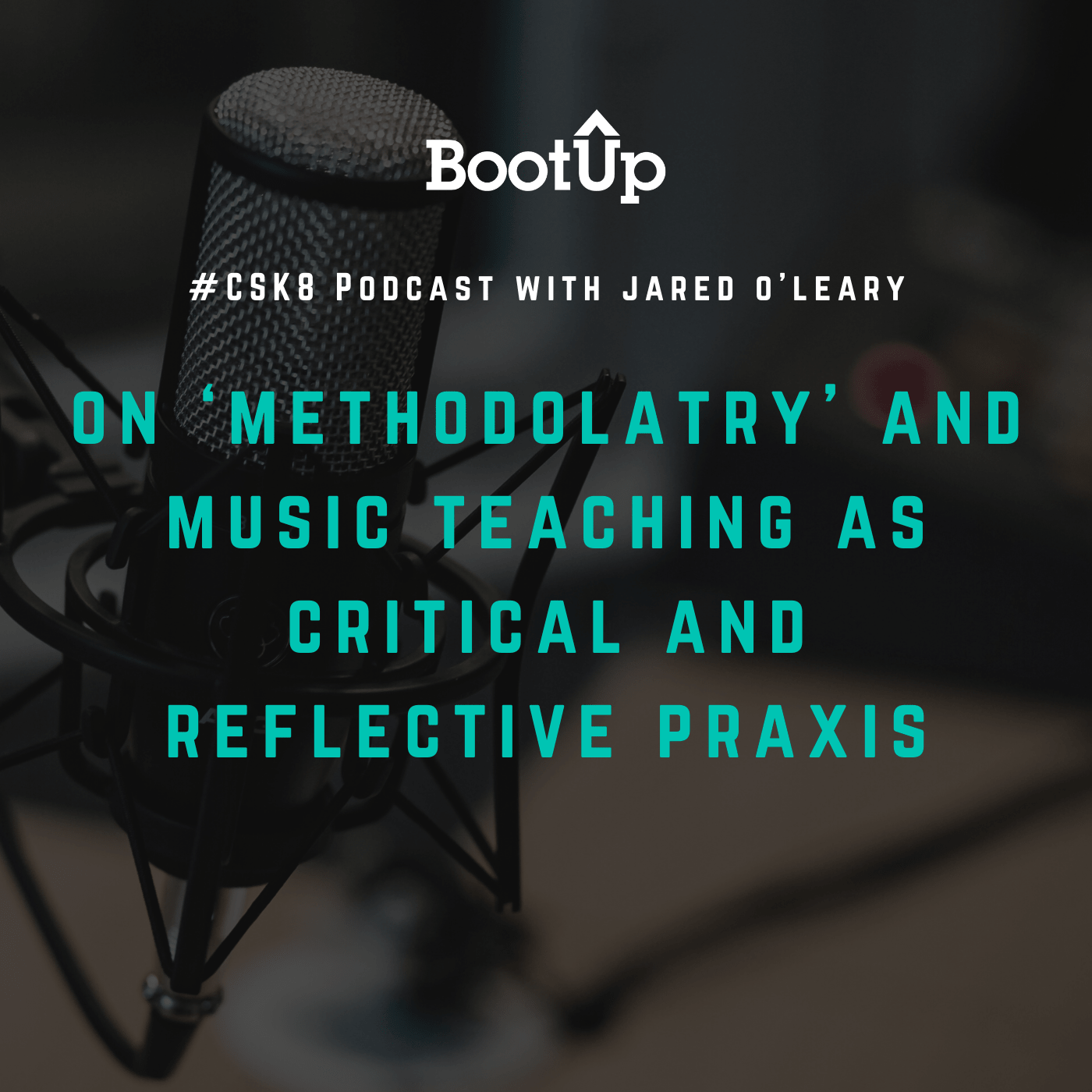
On methodolatry
In this episode, Jared O'Leary unpacks Regelski’s (2002) publication titled “On ‘methodolatry’ and music teaching as critical and reflective praxis,” which problematizes the lack of philosophy, theory, and professional praxis in music education. Although this article is published in a music education journal, I discuss potential implications for computer science educators.
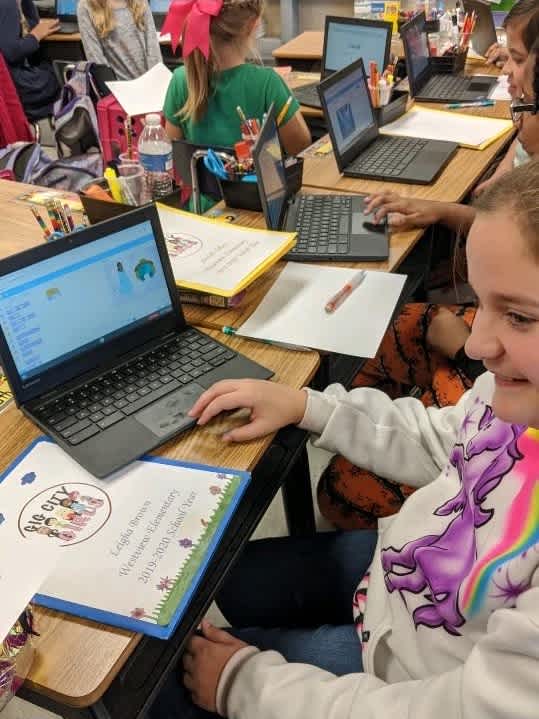
BootUp Partnering with Hamilton County School District to Contribute to National Computer Science for All Movement
With 127 Organizations Nationwide, BootUp PD Makes New Commitment to Expand Computer Science Education In Chattanooga, TN
Other Resources

Integration Studios
In addition to the integration suggestions in our lesson plans and our discussion forum, our Scratch account has several studios that demonstrate the potential for integrating projects with Scratch.
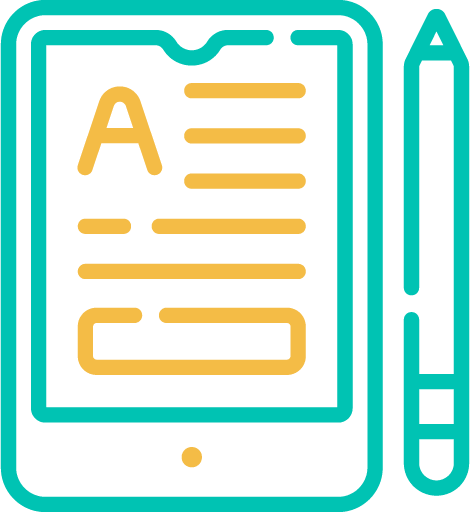
Complete List of Lesson Plans
Use this document to quickly access all of our ScratchJr and Scratch lesson plans and coder resources.
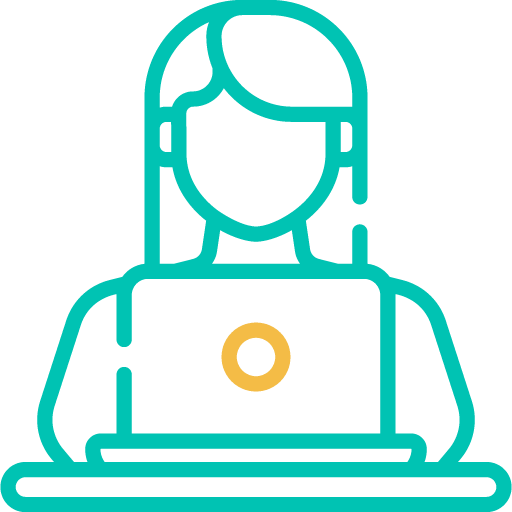
Unplugged Resources
This spreadsheet is a curated list of more than 100 unplugged lesson plans and resources for elementary coders.
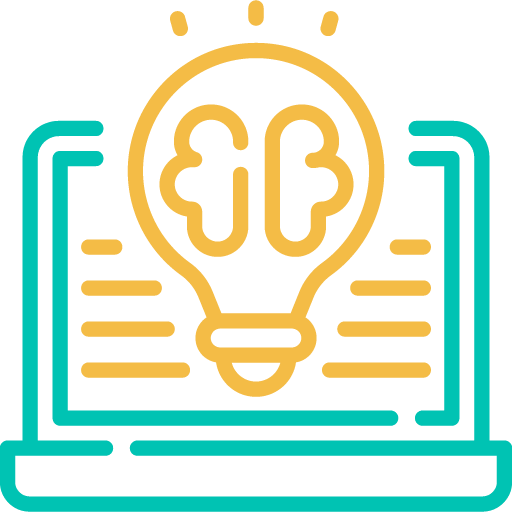
Remote Learning Resources
We’ve compiled some resources to help districts, teachers, and families cope with the rise of school closures around the nation.
